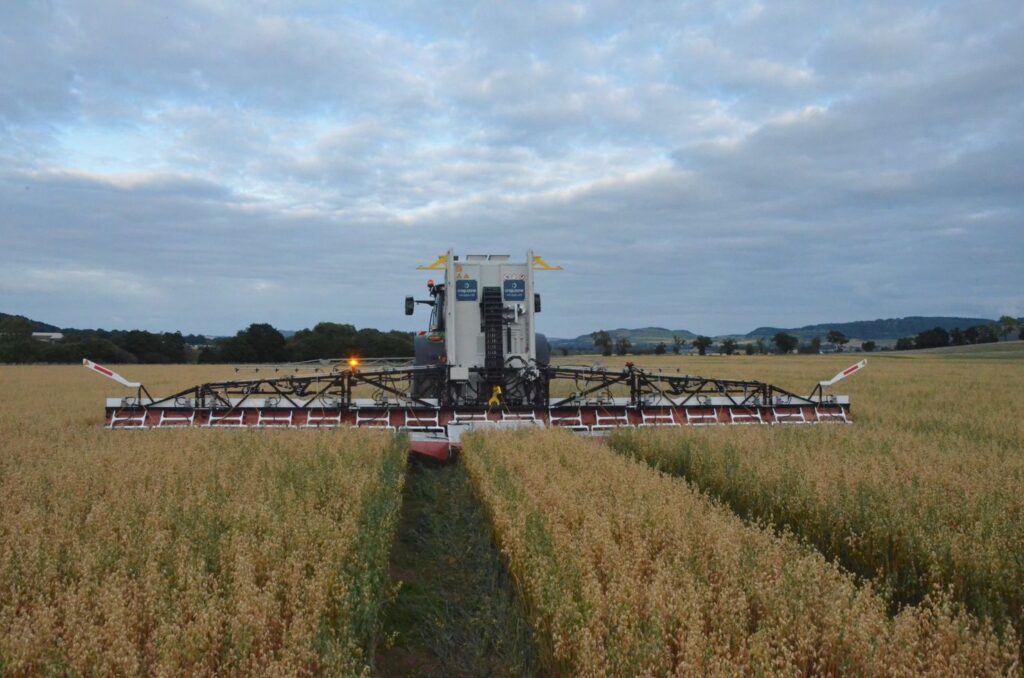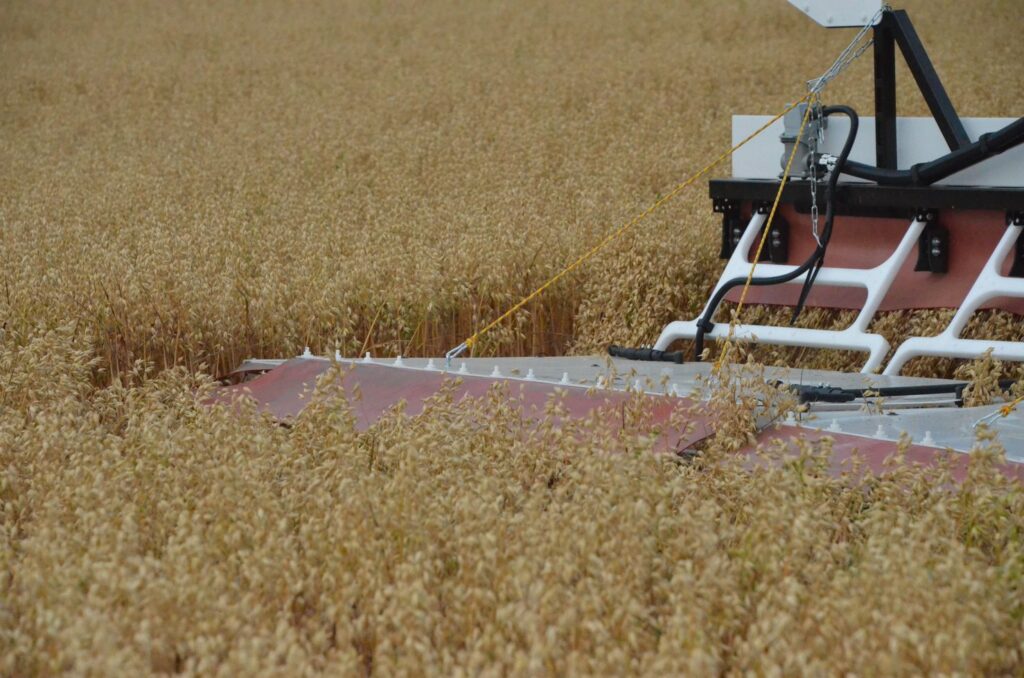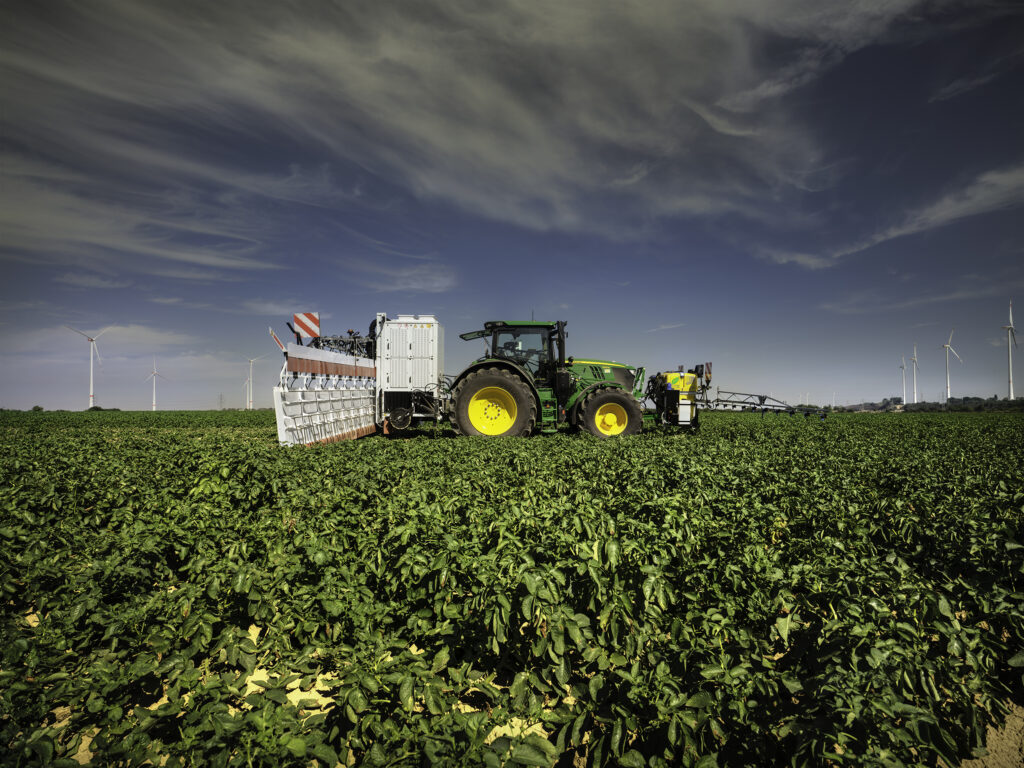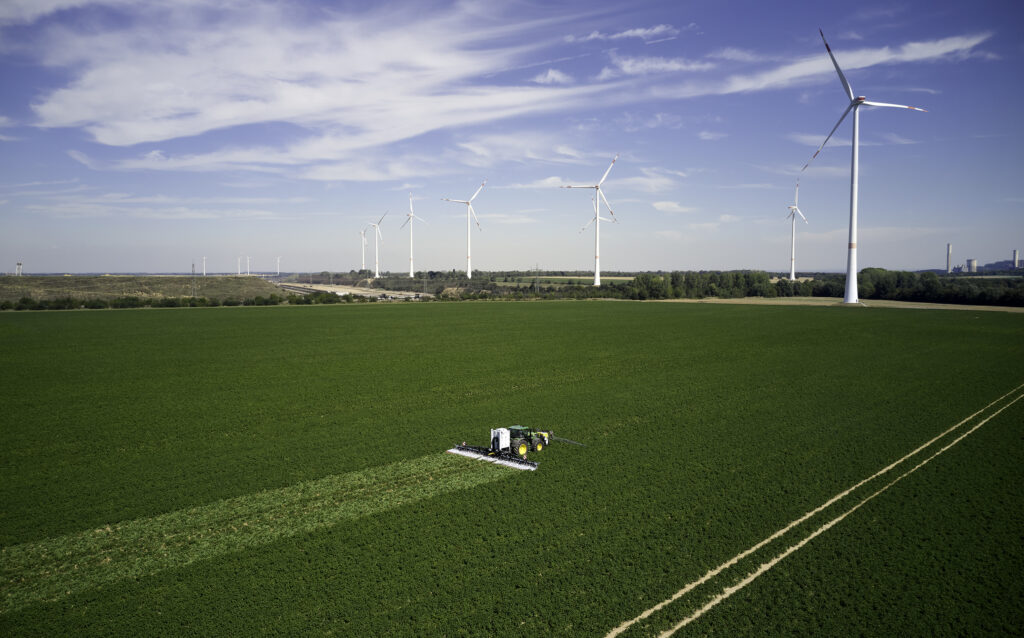Embracing Non-Chemical Oat Desiccation: Enhancing Sustainability and Market Value
In the realm of modern agriculture, the shift towards sustainable practices is more than a trend—it’s a necessity. For oat producers, this shift is underscored by the increasing demand for residue-free cereals, a market driven by consumer preferences for healthier and more environmentally friendly products. Crop.zone offers a compelling non-chemical solution for oat desiccation that aligns with these needs.
The Role of Non-Chemical Desiccation in Oat Production
Desiccation in oat farming traditionally involves the application of chemical agents to accelerate the drying of plant tissues, facilitating an easier and more timely harvest. However, this method often leaves chemical residues that can compromise both consumer health and environmental safety. Crop.zone’s innovative technology, which utilizes electrical currents and a conductive liquid, provides a residue-free alternative. This approach not only meets stringent market and regulatory demands but also preserves the integrity and natural quality of the harvested oats.








Advantages of Non-Chemical Desiccation
Switching to non-chemical methods offers numerous benefits for oat farmers:
- Environmental Protection: By avoiding chemical sprays, farmers help preserve local wildlife and water quality, contributing to overall ecological health.
- Consumer Safety: Residue-free oats are safer for consumption, appealing to health-conscious consumers and increasing the marketability of the crop.
- Regulatory Compliance: As global regulations tighten concerning chemical residues in foods, non-chemical desiccation ensures compliance and avoids potential legal complications.
- Soil Health: Reducing chemical usage helps maintain soil microbiome and fertility, which are critical for the long-term sustainability of oat cultivation.
Implementing Crop.zone’s Solution
Integrating Crop.zone’s technology into existing farming operations is streamlined. The system is compatible with standard farming equipment and is designed for easy adoption, minimizing disruption to current practices. Moreover, the technology is supported by comprehensive training and resources, ensuring that farm operators can maximize its potential without a steep learning curve.
The Economic and Social Impact
By adopting non-chemical desiccation techniques, oat farmers not only enhance their environmental stewardship but also position their products more favorably in the marketplace. Residue-free oats often command higher prices, reflecting their added value in terms of health and sustainability. Additionally, by leading in responsible farming practices, oat producers can strengthen their brand and build trust with consumers who are increasingly supportive of sustainable agriculture.
Conclusion
The move towards non-chemical oat desiccation is a critical step forward for the agricultural sector. Crop.zone’s technology provides an effective solution that meets the dual challenges of environmental sustainability and market demand for clean, safe cereals. By adopting this technology, oat farmers can ensure the longevity of their farming operations while contributing positively to environmental conservation and consumer health. This approach not only future-proofs their business but also supports a healthier planet and populace.
